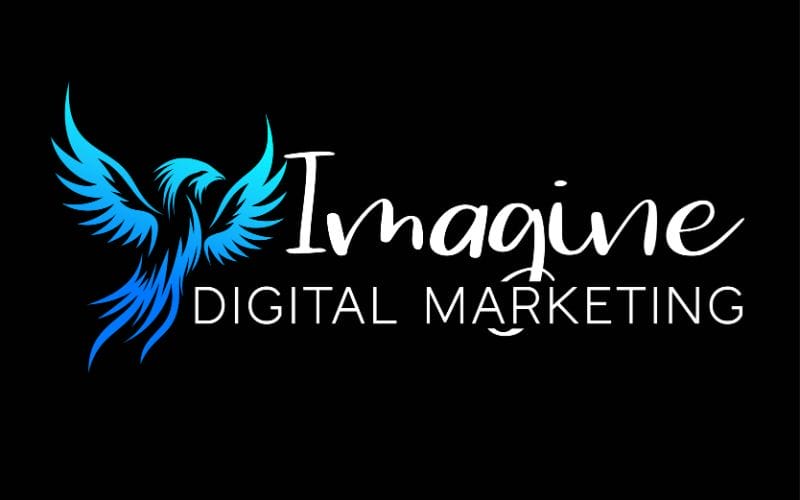
Running a business today means dealing with more customer interactions, more channels, and more competition than ever. Without a reliable system to manage your customer data and communication, it is easy to lose opportunities and miss chances to build lasting relationships. This is where a Customer Relationship Management system, or CRM, becomes essential.
A CRM is more than just a fancy contact list. It is a central hub that brings together all your customer information, interactions, and sales processes in one place. Whether you are running a small start-up, a growing enterprise or a marketing agency, implementing the right CRM can make the difference between simply surviving and truly thriving.
Customer expectations have changed. People want faster responses, personalised experiences, and consistent communication across all touchpoints. A CRM gives businesses the tools to meet these expectations by organising every customer interaction.
Instead of having sales conversations in one app, email records in another, and notes on scraps of paper, a CRM stores everything together. When you have all the information in one view, it is easier to understand your customers’ needs and provide a better experience.

For example, platforms like Go High Level combine CRM capabilities with marketing automation, making it possible to follow up with leads instantly, track their progress in the sales pipeline, and measure results without juggling multiple tools.

Efficiency is one of the biggest reasons to invest in a CRM. Managing customer data manually is time-consuming and prone to error. A CRM automates many of these processes, freeing up your time to focus on high-value activities like closing deals or improving customer service.
With features such as task reminders, email automation, and sales tracking, your team can work more effectively. You do not have to worry about forgetting to follow up with a lead or losing track of a proposal. Everything is logged and accessible, ensuring you can take action at the right time.
A CRM does more than store customer information. It also provides insights into your sales performance, customer behaviour, and marketing results. This data can help you make informed decisions.
For example, you can identify which products or services are most popular, understand your average sales cycle length, and pinpoint where potential customers are dropping off. By acting on these insights, you can refine your strategies and improve your results over time
A CRM makes it easier to build strong, lasting relationships with your customers. By keeping detailed records of every interaction, you can tailor your communication to each person.
If a customer has raised an issue in the past, you can reference it when following up. If they have purchased a specific product, you can suggest related items or services. This personalised approach shows customers that you value them, increasing loyalty and repeat business.
Many small businesses hesitate to adopt a CRM, thinking it is only for large corporations. In reality, starting early can save a lot of time and effort later. A CRM grows with your business, accommodating more customers, more sales data, and more communication channels without losing organisation or efficiency.
When you add new team members, they can quickly access all customer histories and ongoing deals. This reduces the time it takes for them to get up to speed and ensures a consistent customer experience.

Let’s say you are running a service-based business. You receive enquiries via your website, phone calls, and social media. Without a CRM, tracking these leads manually could mean losing some in the process. With a CRM, every enquiry is logged, assigned to the right person, and tracked through to conversion. You can see at a glance which leads are hot, which need follow-up, and which have gone cold.
Platforms like Go High Level make this even easier by integrating marketing campaigns directly into the CRM. You can run ads, capture leads, and send automated follow-up messages from the same system, ensuring no opportunity slips through the cracks.
A CRM is not just a piece of software. It is a tool that supports better organisation, improved efficiency, and stronger customer relationships. By investing in a CRM now, you can position your business for long-term success.
If you want to work smarter, not harder, and deliver a customer experience that keeps people coming back, a CRM is one of the most important investments you can make.
At Imagine Digital Marketing, we help businesses choose and implement the right digital tools for growth. Contact us today to explore how the right CRM can transform your customer management and sales processes.
Join our email list for tips, tools, and updates to help grow your agency, delivered straight to your inbox.
